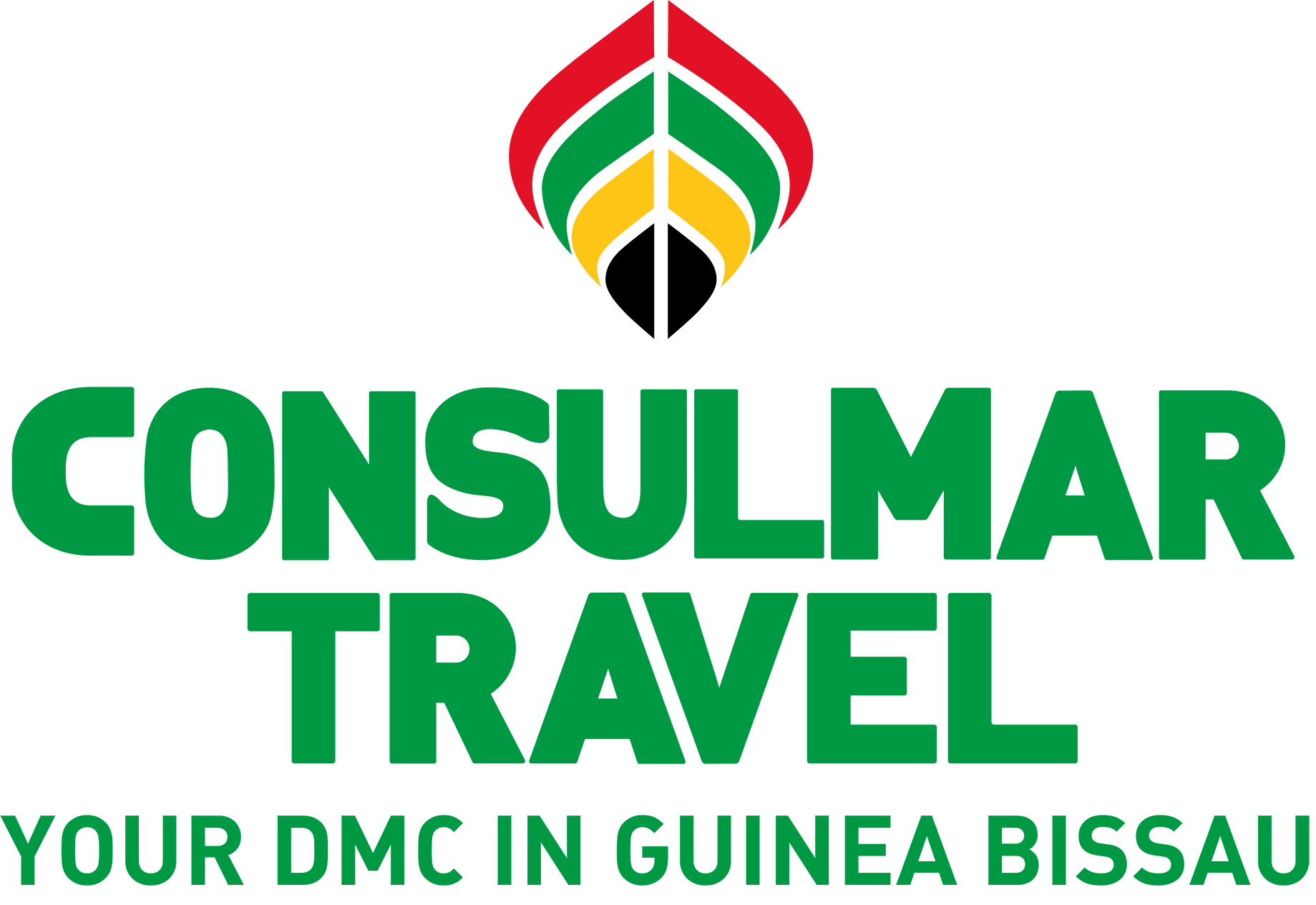Bolama is a small town located on the island of the same name. Although less known than other islands, it offers numerous places of great interest. During the colonial era, it was the first capital of Guinea-Bissau under Portuguese rule, which left an architectural imprint on its landscape. The island preserves several colonial structures, such as buildings and streets, that testify to its past.
At the end of the 17th century, the island was the subject of a dispute between Portugal and the United Kingdom, which tried to establish a colony there. The conflict, known as the “Bolama Question”, was resolved in 1870 through an international arbitration presided over by the then president of the United States, Ulysses S. Grant, who ruled in favor of Portugal, thus consolidating its sovereignty over the island.
Bolama is also renowned for its rich culture. A large part of the population is of the Bijagó ethnic group, famous for its ancestral traditions and rituals.
Traditions
Although the Bijagó are the predominant group in Bolama, the island is an ethnic mosaic where Fulas, Mandingas, Manjacos, Mancanhés and other peoples also coexist. It is a clear example of the peaceful coexistence and respect between cultures that characterizes Guinea-Bissau, where diversity is promoted and the traditions of all are celebrated.
Ancestral customs, such as dances and ceremonies linked to nature, are combined with those of other groups, offering visitors a unique cultural experience. This richness is also reflected in the local handicrafts, such as weavings, baskets and decorative objects, which, in addition to being authentic souvenirs, support the community’s economy.
How to get to Bolama from Bissau?
There are two main options to reach Bolama from Bissau. The most common is to take the Consulmar ferry to Enxudé (every day in the morning, except Sundays). From there, local trucks take you to São João, from where you cross by canoe to the island. It is a picturesque route that allows you to get to know the rural environment, but requires at least two days due to the frequency of the ferry.
The fastest alternative is by private speedboat, which leaves directly from the port of Bissau and arrives in the center of Bolama in less time. It is ideal if you have little time or are looking for more comfort.
Hidden beaches and landscapes
Bolama, in addition to its history, offers exceptional landscapes, with virgin beaches surrounded by mangroves and tropical vegetation. Its crystal clear waters invite activities such as snorkeling, diving and fishing, common practices among residents.
The natural landscape of the island is a true paradise, with a unique biodiversity. Hiking trails allow travelers to enjoy a direct connection with nature while exploring the local flora and fauna.
Gastronomic products
Grilled fish: Bolama, being an island, has access to fresh and varied products. This dish, accompanied by rice or farinha de mandioca (a traditional accompaniment to many Guinea-Bissau meals), is one of the most representative of the island.
Tropical fruits: Bolama is famous for its variety of fruits, such as mango, papaya and pineapple. These fruits are used to make juices and desserts typical of the island.
Among the traditional beverages cashew juice (cashew juice), refreshing and slightly sweet, and the Palm Winean alcoholic beverage made from the sap of the palm, with a strong flavor and popular at celebrations and social gatherings.
Bolama is not only a tourist destination that transports us through its history and landscapes, but also a place where traditions are kept alive and nature continues to be the protagonist. Combining its colonial heritage with indigenous customs and natural surroundings, Bolama offers a unique experience that invites discovery, where every corner tells a story and every taste reflects the deep identity of its people.


